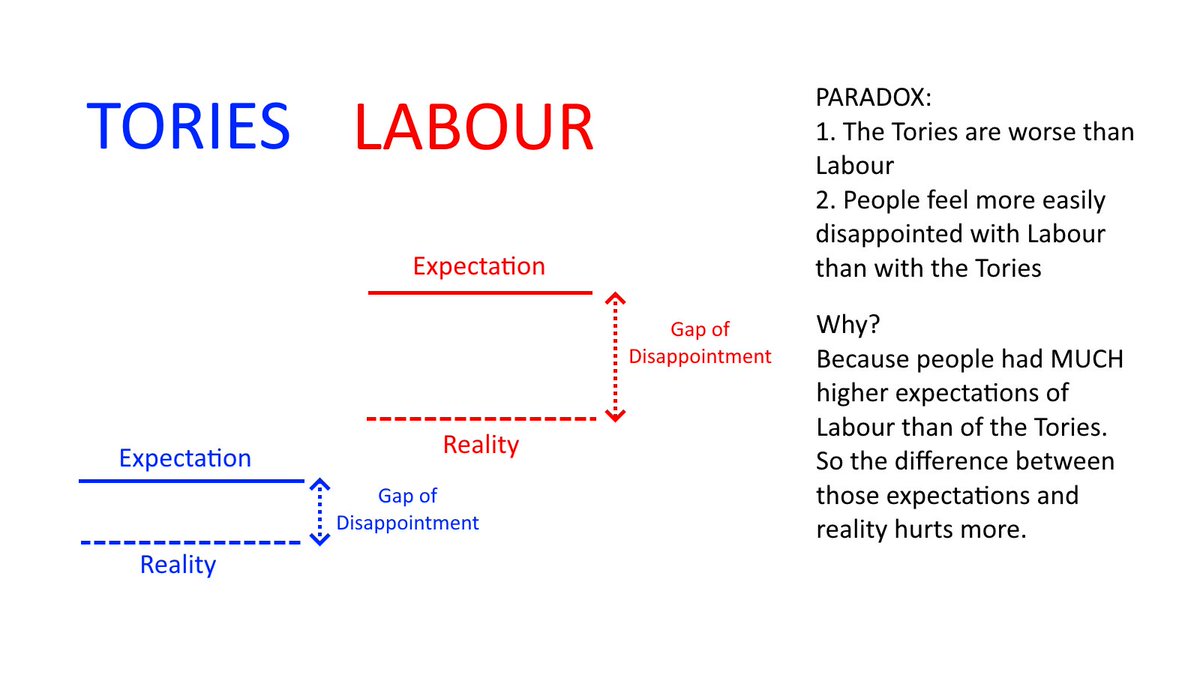There's a tonne of additional Brexit-related changes coming down the pipe. We're not done with the upheaval yet!
I've laid out the timeline for these changes below.
30 June 2021: Deadline to apply for the EU Settlement Scheme in the UK.
I've laid out the timeline for these changes below.
30 June 2021: Deadline to apply for the EU Settlement Scheme in the UK.
1 July 2021: New EU VAT regime, affecting sales into the EU market by non-EU firms. Elimination of VAT exemption on low value consignments (previously up to EUR 22) so all goods imported into the EU will be liable to VAT.
ec.europa.eu/taxation_custo…
ec.europa.eu/taxation_custo…
1 July 2021: HTA licences required to import or export human tissue and cells between GB and the EEA.
hta.gov.uk/importing-and-…
hta.gov.uk/importing-and-…
1 July 2021: Marriage Visitor visas required to visit the UK to get married for people or their family who are from the EU, Switzerland, Norway, Iceland or Liechtenstein (unless they are Irish citizens, or have gone through the EU Settlement Scheme).
gov.uk/marriage-visa
gov.uk/marriage-visa
1 October 2021: National IDs are no longer valid for most travel to the UK. Instead, passports will be required. Impacts school trips, language and cultural exchanges etc.
(NOTE: National IDs are mandatory in most EU countries, so many children won't have passports.)
(NOTE: National IDs are mandatory in most EU countries, so many children won't have passports.)
1 October 2021: Importers of animal products will have to pre-notify officials.
bbc.co.uk/news/uk-politi…
bbc.co.uk/news/uk-politi…
1 January 2022: CE mark will no longer be valid for goods on the UK market. New UK mark required instead, at extra cost and double the certification effort. (UK manufacturers will also need CE marks to sell their products in the EU.)
1 January 2022: Introduction of customs declarations on all goods coming into the UK, as well as safety and security declarations. Deferred customs declaration scheme ends.
NOTE: This has already been delayed, so could end up delayed again.
gov.uk/guidance/delay…
NOTE: This has already been delayed, so could end up delayed again.
gov.uk/guidance/delay…
1 January 2022: Physical SPS checks begin on animal products, and on high-risk plant products coming from the EU to the UK.
Again, like the customs declarations, the UK Government may decide to delay this again rather than face reality.
theguardian.com/politics/2021/…
Again, like the customs declarations, the UK Government may decide to delay this again rather than face reality.
theguardian.com/politics/2021/…
March 2022: Final "Phase 3" regime of inspections begins for plants and plant products imported from the EU to GB. Includes identity and physical SPS checks.
gov.uk/guidance/impor…
gov.uk/guidance/impor…
30 June 2022: EU's 18-month temporary equivalence decision on UK CCPs expires, affecting financial operations. (EU clearing members are meant to have reduced their exposure to UK CCPs by then.)
esma.europa.eu/press-news/esm…
esma.europa.eu/press-news/esm…
Late 2022: EU European Travel Information and Authorisation System (ETIAS) scheme begins, requiring advance registration before travel to the EU, for a fee. Cost expected to be 7 euro. ETIAS will be valid for 3 years.
ec.europa.eu/home-affairs/w…
ec.europa.eu/home-affairs/w…
1 January 2023: End of grace period for registering chemicals in the UK under the old system.
Duplicate registration effort (UK and EU) required going forward.
Duplicate registration effort (UK and EU) required going forward.
Please let me know if there are any other upcoming deadlines I've missed. Thanks.
• • •
Missing some Tweet in this thread? You can try to
force a refresh









